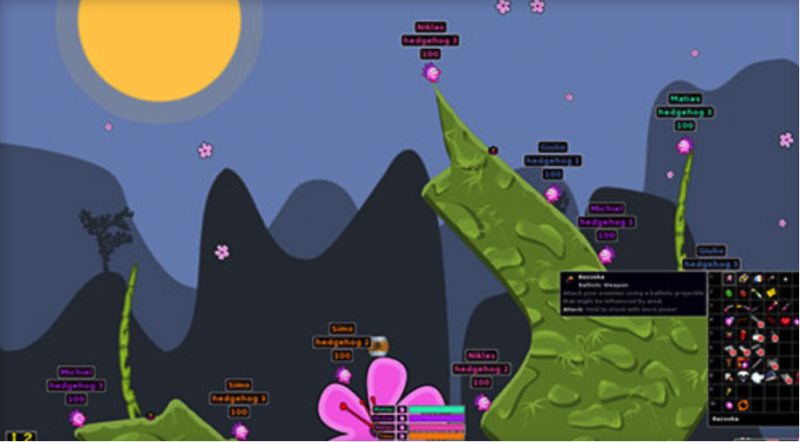
HIIT has established multidisciplinary research including neuropsychology, machine learning and human computer interaction. The latest highlight is the research accepted in the journal Psychophysiology (Wiley) that reports how Mediated Touch (also referred as virtual touch) affects decision making in a game. Analysis of EEG and behaviour indicates that a virtual touch can affect memory functions and result in later generosity. The study shows the importance of the sense of touch in mediated communication.
Spape, M.M., Hoggan, E., Jacucci, G., Ravaja, N., The Meaning of the Virtual Midas Touch: An ERP Study in Economic Decision Making, Psychophysiology, to appear 2014.
Recent psychophysiological research at HIIT delivered other important results including
- Predicting term relevance from brain signals in the context of information retrieval
- Playing video games makes opponents think and feel alike
- Congruency between suboptimal affective primes and textual media messages increases positive affect and perceived interest.
- Males, but not females, exhibit more positive emotional responses during competitive than cooperative digital game playing.
Publications:
- Manuel J. A. Eugster, Tuukka Ruotsalo, Michiel M. Spapé, Ilkka Kosunen, Oswald Barral, Niklas Ravaja, Giulio Jacucci, and Samuel Kaski. Predicting term-relevance from brain signals. In Proceedings of the 37th International ACM SIGIR Conference on Research & Development in Information Retrieval, pages 425–434, 2014.
- CNET: Playing video games makes opponents think and feel alike
- Spapé, Michiel M., Kivikangas, J. M., Järvelä, S., Kosunen, I., Jacucci, G. & Ravaja, G. (2013). Keep your opponents close: Social context affects EEG and fEMG linkage in a turn-based computer game. PloS One, 8(11)
- Kivikangas, J. M., Kätsyri, J., Järvelä, S., & Ravaja, N. (2014). Gender Differences in Emotional Responses to Cooperative and Competitive Game Play. PloS one, 9(7), e100318.
- Ravaja, N., & Kätsyri, J. (2014). Suboptimal facial expression primes in textual media messages: Evidence for the affective congruency effect. Computers in Human Behavior, 40, 64-77.
Last updated on 12 Sep 2014 by Maria Lindqvist - Page created on 9 Sep 2014 by Maria Lindqvist